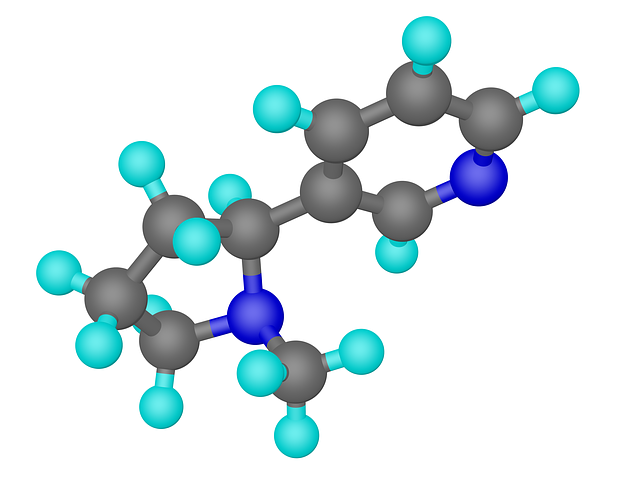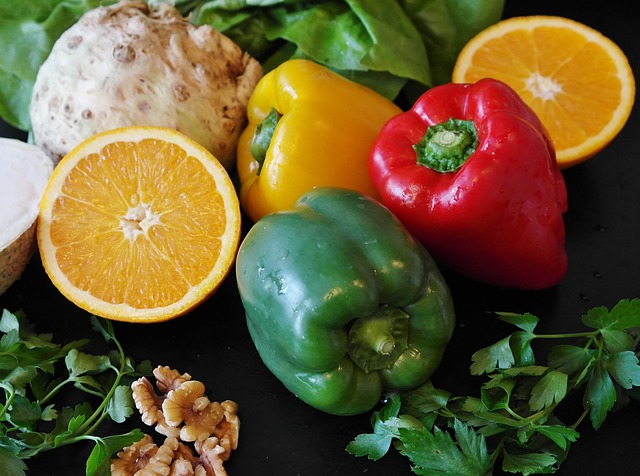Cancer and Diabetes have become widespread disease that have a huge negative impact on human health worldwide. It isn't uncommon for someone to get both at once, especially if it is a lifestyle-related cancer such as breast cancer, prostate cancer or colon cancer.
Type 2 Diabetes is a common metabolic disorder characterized by high blood sugar levels caused by inadequate production of or resistance to the hormone called insulin. Cancer is a disease in which abnormal cells grow out of control and invade surrounding tissues.
For nearly eighty (80) decades, there has been some speculation about whether there is any link between type 2 diabetes and certain types of cancers. However, it was not until recently that a large body of epidemiological data that may point to a causal relationship between these two conditions.
Diabetes and Cancer: How are they connected?
According to recent statistics, approximately one out of every five people who has been diagnosed with some form of tumours also has diabetes. Diabetic individuals are more likely to be diagnosed with certain forms of malignant tumors, including those of the stomach, colon, rectum, kidney, breast, pancreas and liver.
People with pre-diabetes and type 2 diabetes may be at increased risk for developing certain types of cancers due to their high blood sugar levels and other metabolic abnormalities surrounding metabolic syndrome such as insulin resistance.
If you have certain types of tumors, controlling your blood sugar level might be difficult, especially if your treatment involves taking steroids during your treatment.
Poor cancer treatment outcomes, a delayed wound healing rate, and an increased risk for infections are just some of the potential side-effects of high blood glucose levels. It may work the other way around too - if you have pancreatic cancer, you may be at higher risk of diabetes. Studies also show that cancer patients' mortality risk increases if they become diabetic.
Here are some risk factors that may lead to both diabetes and cancer:
- Age: Older patients (60+), who comprise more than 60% of malignant cancer diagnoses, are at greater risk for developing certain types of cancers. Also, nearly one out of every five adults in this age group have type 2 diabetes mellitus.
- Obesity: Being fat and obese increases your risk of developing certain types of cancer. Breast cancer is one of the most common cancers related to obesity. Colon, pancreatic, endometrial, prostate, and gallbladder cancer are among the most common cancers associated with being fat and obese.
- Smoking: A well-established link between smoking and lunch cancer has been established by numerous studies. We also know that smoking may raise risk of diabetes and hamper glycemic control.
- Malignant neoplasms (cancer), particularly those of the oral cavity, esophagus, colorectum, and breast, are associated with increased consumption of alcoholic beverages. Consumption of alcoholic beverages is considered a risk factor for type 2 diabetes as well.
If you have diabetes, how can you lower your cancer risks?
- Keep your body weight within the ideal healthy ranges for your height.
- Eating healthy: Eat a variety of different types of whole plant-based foods, including fresh fruit and vegetables, whole grains, nuts, seeds, dals, pulses & legumes, and herbs & spices. Monitor your Daily Dozen score to ensure that you are eating a well-balanced diet. You can try a few whole food plant based meals from Sampoorna Ahara to get started.
- Being active and exercising. We recommend at least 40 minutes of heavy exercise or 90 minutes of moderate intensity exercise daily, especially if you have received a diabetes diagnosis.
- Quit smoking. This may be the most important part of diabetes treatment. It can help with improving insulin levels, cancer outcomes and even help prevent new-onset diabetes
- Quit alcohol. Research has shown that any amount of alcohol consumption may be unhealthy. It may affect glucose metabolism, immune response, and increase risk of both diabetes and cancer, and it is even a potent cardiovascular risk factor (increases risk of coronary artery disease)
Conclusion
People with type 2 (adult onset) diabetics should undergo cancer screenings, and people who already have cancer should be aware of their risk factors for developing another form of cancer or diabetes.
Managing hyperglycemia in people with type 2 diabetes mellitus (T2DM) who have been recently treated for breast or colorectal cancers may seem challenging, but poor glucose control appears to increase morbidity and mortality in these individuals. This makes all the more important for cancer survivors with diabetes to adopt a healthier lifestyle.
Next Steps:
Do you or someone you know diagnosed with diabetes? We may be able to help.
- Book an online consultation with Dr. Achyuthan Eswar to learn how best to deal with it.
- Sign up for our Plant Based Diet Masterclass on NutritionScience.in to better understand the numerous benefits of adopting a whole food plant based diet.
- Access our free course to help kickstart your plant based food journey.
- Subscribe to our 100% whole food plant based balanced meal plan, delicious & doctor designed to help you get all your macro and micro nutrients, from the comfort of your home - Bengaluru only
- Stock up on delicious sweets and snacks that are sugar/jaggery-free, oil-free, maida-free and plant-based - Available Pan-India




